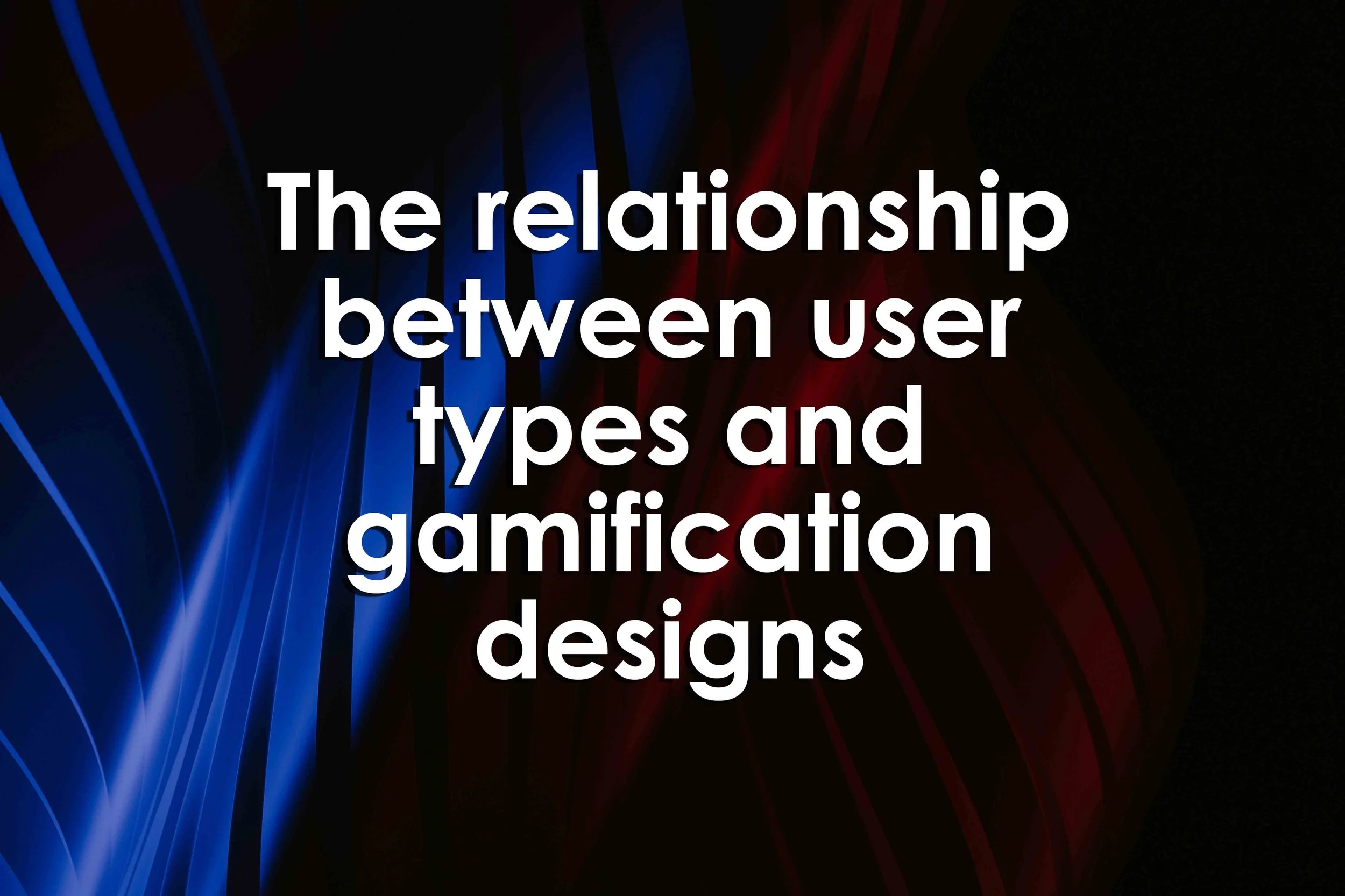The relationship between user types and gamification designs
The relationship between user types and gamification designs
The relationship between user types and gamification designs
By Ana CláudiaGuimarães Santos, Wilk Oliveira, Juho Hamari, Luiz Rodrigues, Armando M. Toda, Paula T. Palomino & Seiji Isotani
Abstract
“Gamification has been discussed as a standout approach to improve user experience, with different studies showing that users can have different preferences over game elements according to their user types. However, relatively less is known how different kinds of users may react to different types of gamification. Therefore, in this study (𝑁=331) we investigate how user orientation (Achiever, Disruptor, Free Spirit, Philanthropist, Player, and Socializer) is associated with the preference for and perceived sense of accomplishment from different gamification designs. Beyond singular associations between the user orientation and the gamification designs, the findings indicate no comprehensive and consistent patterns of associations. From the six user orientations, five presented significant associations: Socializer orientation was positively associated with Social, Fictional, and Personal designs, while negatively associated with Performance design; Player orientation was positively associated with Social (Accomplishment), Personal, and Ecological designs, while negatively associated with the Social design (Preference); Disruptor orientation was positively associated with Social design; Achiever orientation was positively associated with Performance and Social designs; and Free Spirit orientation was negatively associated with Social design. Based on the results, we provide recommendations on how to personalize gamified systems and set further research trajectories on personalized gamification.”
Reference
Santos, A. C., Oliveira, W., Hamari, J., Rodrigues, L., Toda, A., Palomino, P., &Isotani, S. (2021, August 05). The relationship between user types and gamification designs - user modeling and user-adapted interaction. Retrieved March 14, 2022, from https://link.springer.com/article/10.1007/s11257-021-09300-z
Keyword
Gamification, user types, game designs, game elements, personalized gamification, research

